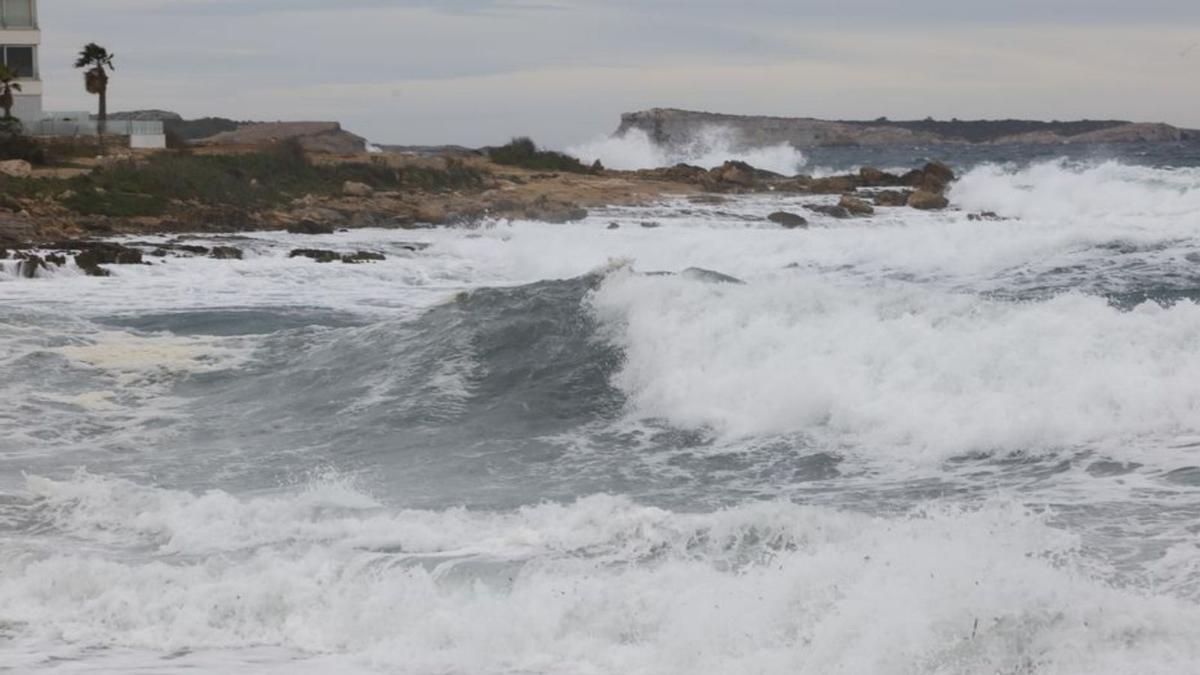The Atlantic squall called ‘Ephraim‘ has not simply left rain and wind in the Pitiusas. The warm front has also brought a few highly unusual maximum temperatures for the month of December during the early hours of yesterday. This weather episode adds to the historical thermal values of this summer and that is expected to be less and less unusual due to the climatic change, indicate the offices of the Aemet in the Balearic Islands.
Temperature records continue to be broken this year in the Pitiusas. This summer the hottest day on record was reached, with maximums that destroyed previous records and with Formentera at the head of all Balears, the mercury rose to 21.9 º C at 4:20 am on Tuesday morning in Vila
This is no mistake. Yesterday’s maximum took place in the course of the early morning. However, this is the least strange of the matter, as conveyed yesterday by the State Meteorological Agency (Aemet) in the Balearic Islands to this newspaper. Simply, the arrival of the winds of the warm front of the Atlantic squall ‘Ephraim’ coincided with dawn, explained the meteorological institute, preventing temperatures from dropping, which is common at nightfall. In fact, formations such as the Atlantic squall that has reached Ibiza are quite common and have an impact on temperatures, they commented
 Summer nights in the middle of December
Summer nights in the middle of DecemberLike summer in December
However, the magnitude of the phenomenon is not normal, warned Aemet Balears. They point out that it is a front with an “abnormally high” temperature for this time of year, at the gates of winter. As they indicated, episodes like the one that occurred are unusual, but increasingly frequent due to climate change caused by human action
The forecast for this week is that temperatures only begin to fall from the final stretch of Thursday and that this trend will continue during the day on Friday, again according to the Aemet. In other words, another unusually warm night is expected for today. If it were not for the fact that temperatures did not reach 20ºC until 11pm, one could speak with all certainty of what meteorologists define as a tropical night
For the full article, please visit Diario de Ibiza website here.

